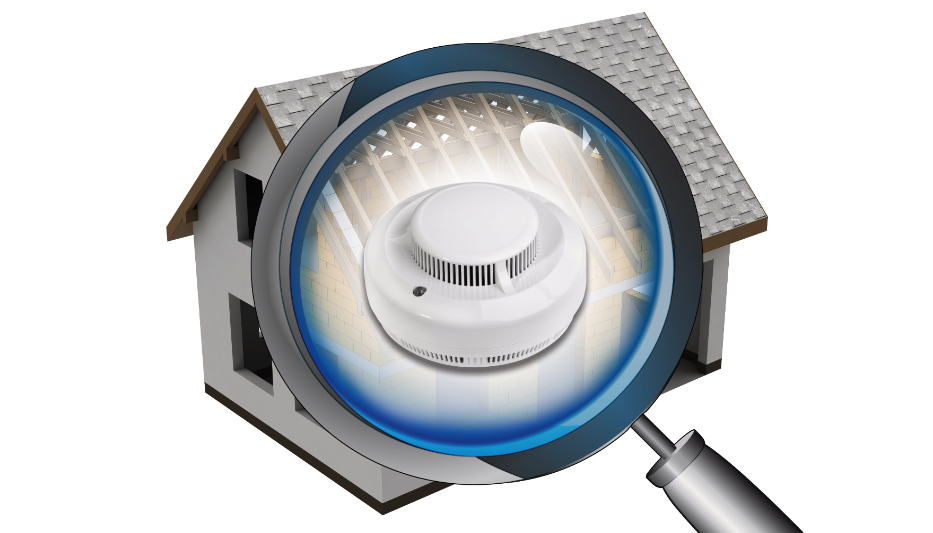All
New Maine Law Requires Propane Detectors
by Leslie Anderson, Propane Gas Association of New England

Hotels, multifamily apartments and rental homes among buildings affected
As of January 1, 2022, a new law passed in 2021 requires the installation of fuel gas sensors in certain buildings in Maine to detect propane, natural gas and liquefied petroleum gas.
The requirement applies to owners of: multifamily occupancy buildings; fraternity houses, sorority houses and dormitories that are affiliated with educational facilities; children’s homes, emergency children’s shelters, children’s residential care facilities, shelters for homeless children and specialized children’s homes; and hotels, motels and inns. The law also applies to residential rentals at the time they are occupied after January 1, 2022, i.e., when the new tenant moves into the residence.
The legislation was modeled on the laws requiring smoke detectors and carbon monoxide detectors for those same buildings. The law also applies to businesses, mercantile, and assembly occupation, but these requirements do not take effect until January 1, 2026. PGANE does not recommend a particular monitor, but encourages propane dealers in Maine to contact their equipment suppliers to identify a suitable brand or model that meets the requirements.
This law was introduced as a result of an explosion that occurred in Farmington, Maine in 2019. PGANE monitored legislative hearings to ensure propane companies were not legally responsible for the installation of the detector or notification of the building occupant, but rather that the responsibility fell to the building owner. Propane dealers do not need to notify their affected customers, and there is no legal responsibility under the Maine Fuel Board or in the National Fire Protection Association codes for the new detector requirement.
PGANE advises companies that do want to provide notification to all their affected customers to be consistent in how they notify them. Additionally, if a company does want to offer propane detector installation services, those services should be offered to all affected customers, and the company should be certain to follow manufacturer guidelines and installation instructions for the propane detectors. Propane gas sensors should be installed low to the ground level, unlike natural gas detectors which are installed higher up near the ceiling.
Leslie Anderson is President and CEO of the Propane Gas Association of New England. She can be reached at leslie@pgane.org or 888-445-1075.
Related Posts
 From Retailer to Representative: Chris Keyser’s Road to the Vermont State House
From Retailer to Representative: Chris Keyser’s Road to the Vermont State House
Posted on June 16, 2025
 Northeast Working Group for Industry Principles Gets to Work
Northeast Working Group for Industry Principles Gets to Work
Posted on May 8, 2025
 Trump Policies and Energy Markets
Trump Policies and Energy Markets
Posted on April 28, 2025
 NEFI Introduces the National Home Comfort PAC
NEFI Introduces the National Home Comfort PAC
Posted on April 28, 2025
Enter your email to receive important news and article updates.
